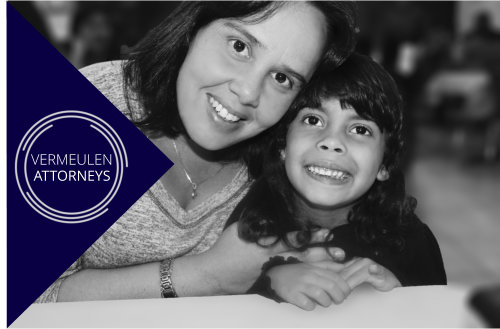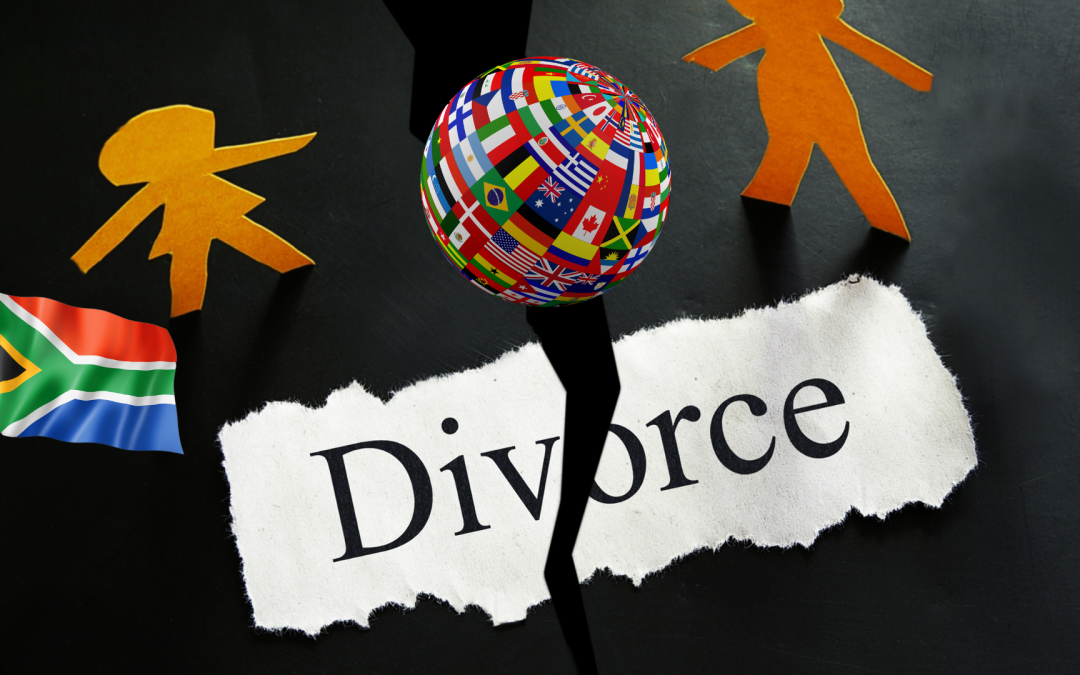Does Parental Alienation Syndrome have a legal basis or is it simply a psychological theory?
Please help! My ex-wife will not let me see my minor son and daughter even though our settlement agreement says I get to see them every second weekend. She barely lets me speak to them over the phone and when she does allow it, they are rude, and my daughter keeps hinting that I abused her mother physically. I am at my wits end. What can I do?
The term “Parental Alienation” seems, on the face of it, to be self-explanatory. However, what does it mean, and does it have any legal basis in South African Law today.
Parental Alienation Syndrome, or PAS, was a term first introduced by child psychiatrist Richard Gardner in the year 1985. Gardner described it as a distinctive suite of behaviours in a child or children that includes, among other symptoms, extreme but unwarranted fear, disrespect or hostility towards a parent. Simply stated, it is a process by which one parent psychologically manipulates a child to discredit and/or estrange the child from the other parent, whether it be done consciously or not.
On the 25th of May 2019, PAS gained global recognition when the World Health Organisation (WHO) officially updated and adopted the eleventh International Classification of Disease. This included a description for Parental Alienation, thus sealing the psychological aspect of PAS into the world.
However, it would appear the South African courts have recognised PAS, or at least the detrimental effect thereof, for quite a few years before the global recognition by WHO.
Section 9 of the Children’s Act 38 of 2005 states that “in all matters concerning the care, protection and well-being of a child the standard that the child’s best interest is of paramount importance, must be applied”.
Read together with section 7 and 8 of the same Act, one can presume that the act of Parental Alienation is a direct violation of the Children’s Act in that undue influence to alienate a child from a parent would not be in the best interest of that child.
A leading example of PAS at odds with the child’s perceived best interest is that of Soller No v G and Another. It was decided by Satchwell J in this matter that, although all three psychologist involved in this matter believed that an extreme case of PAS was found, Satchwell J found that it would not be in the best interests of the child to resume residence with the alienated parent, and that the child would provisionally stay with the alienator conditional upon strict rules of counselling.
Despite the recognition of PAS by the WHO, a variety of case law, legal opinions and articles on the matter, there are still many controversial debates on this syndrome, the effects it may have on the child, and whether or not rehabilitation in these circumstances could actually work.
Legal guidance in these instances is of paramount importance in guaranteeing not only, that the correct procedures are followed, but also to ensure that the best interests of the child is safeguarded.
As any Family Advocate would advise, one should proceed with caution in deciding whether a case of Parental Alienation is at play. In order to determine whether Parental Alienation has taken place, an in depth investigation is conducted into the family dynamic through the various psychological evaluations, identifying numerous Parental Alienation signs and symptoms and basing each and every decision and/or recommendation on the best interests of the child.
Considering the above, one may conclude that PAS not only has a place in the South African Legal System, but also has a place on a global scale. For any further assistance or information in this regard, please contact one of our experienced Attorneys or visit our website (https://www.vermeulenlaw.co.za/).













